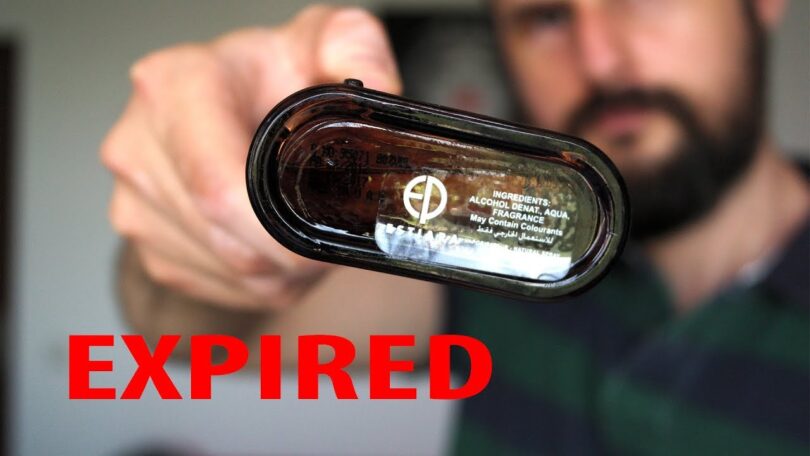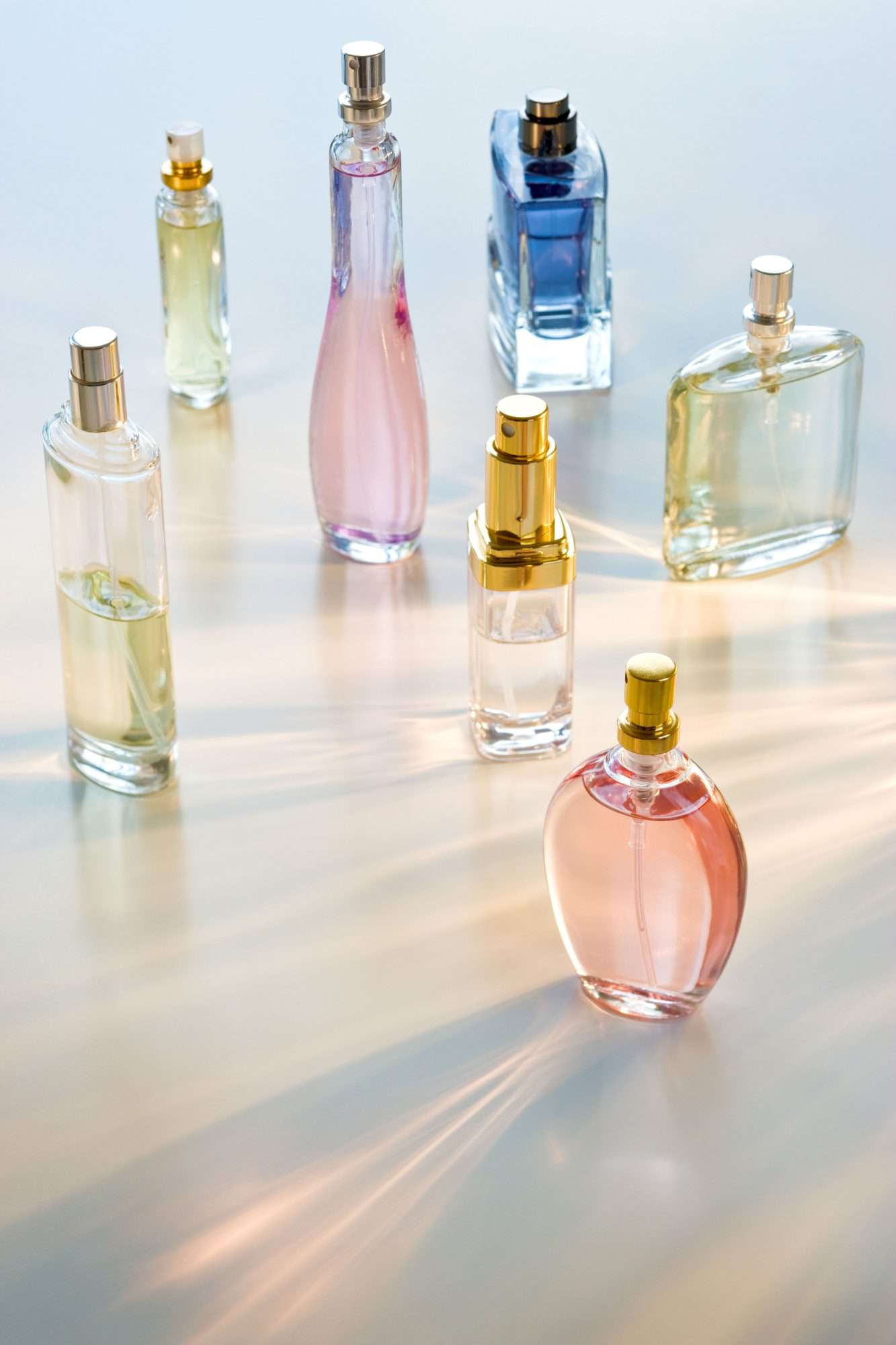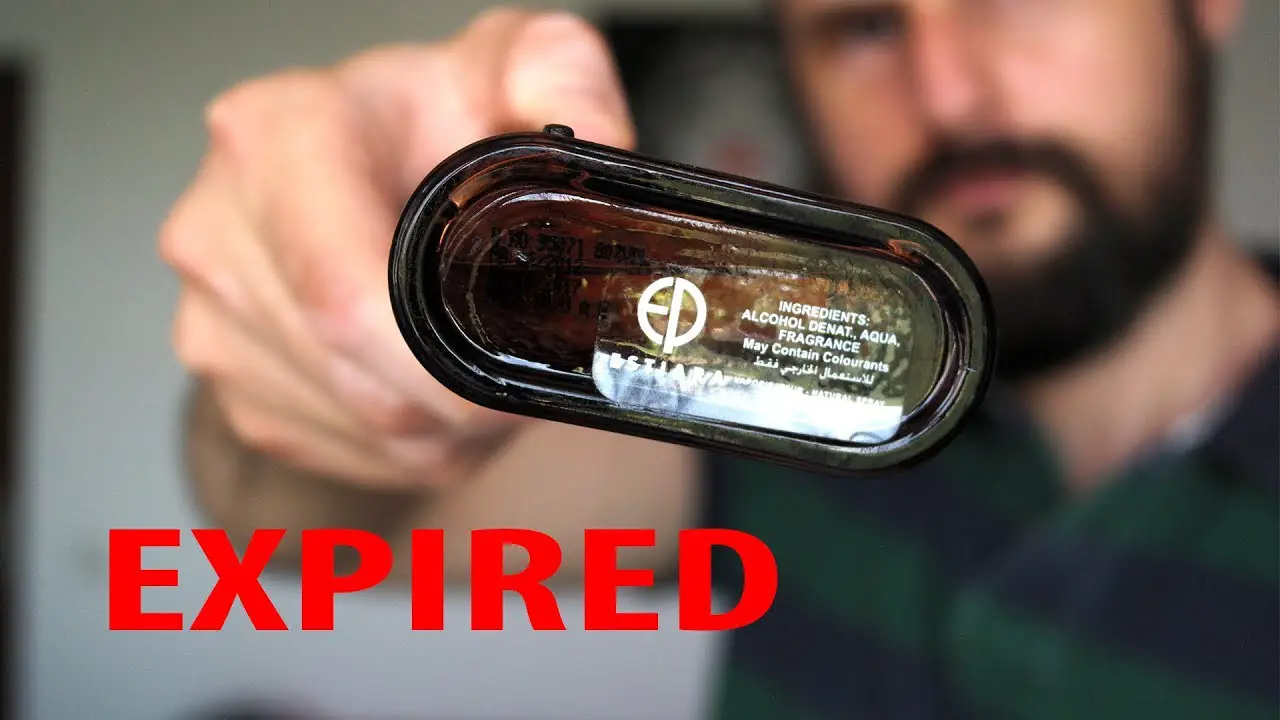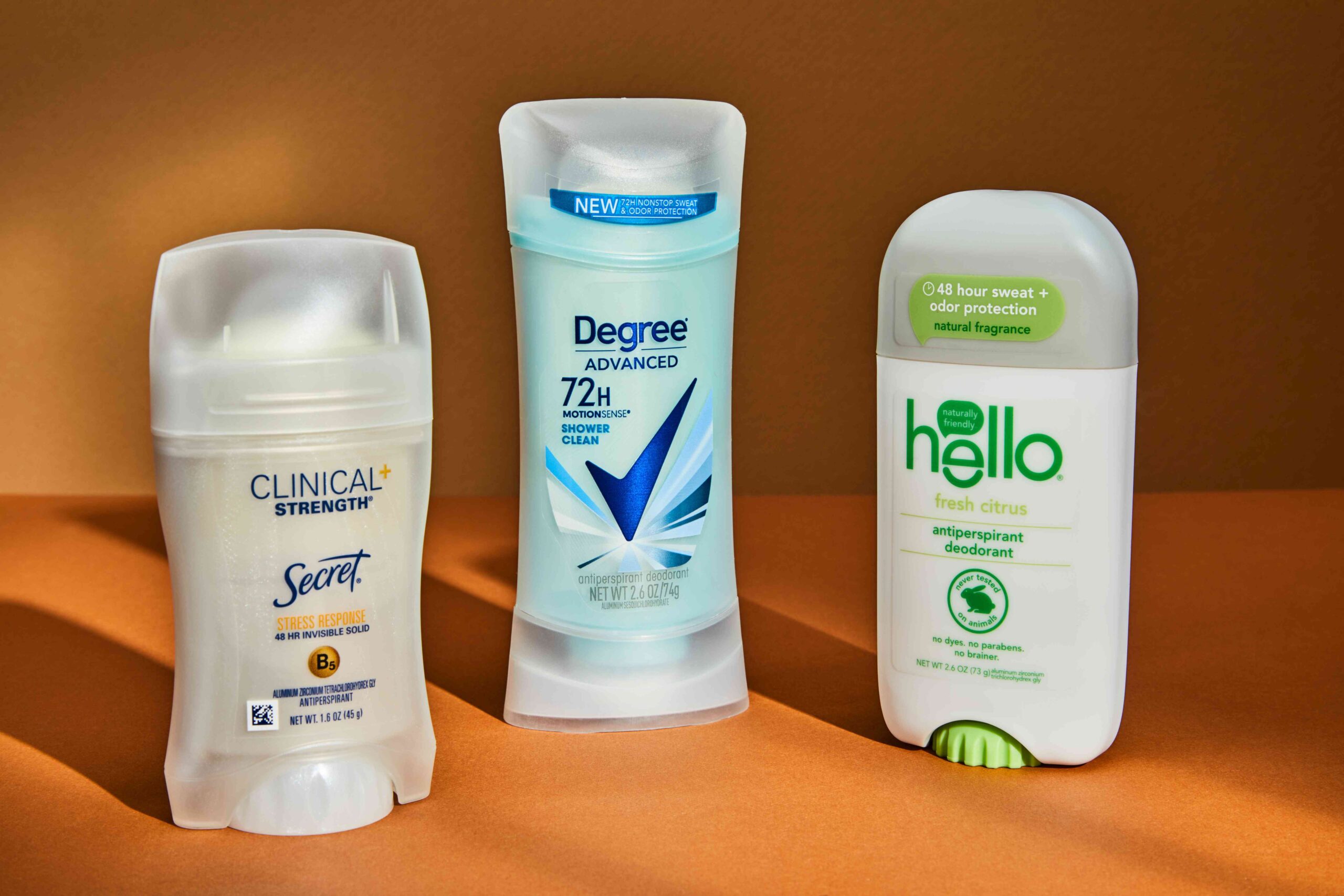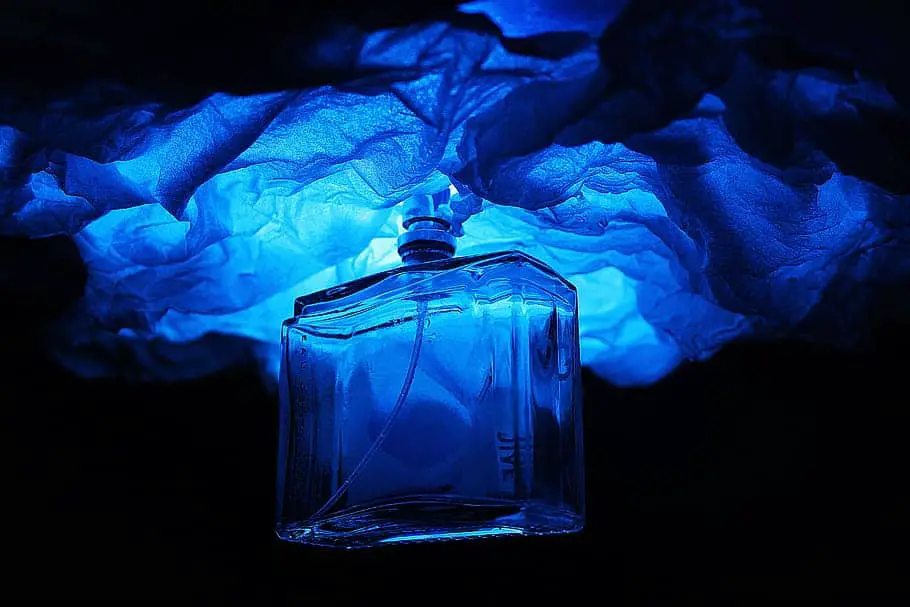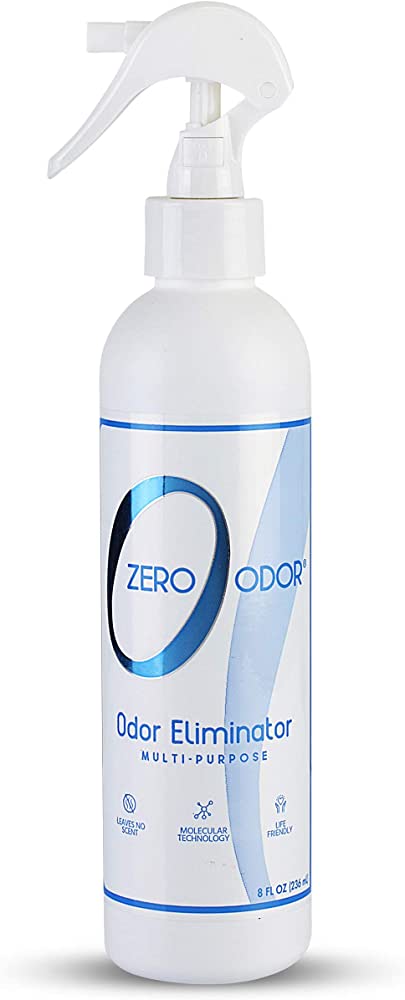Using expired perfume can cause skin irritation, bad odor, and reduced fragrance potency. Expired perfume may lead to skin allergies, rashes, and even severe reactions in some cases, due to the breakdown of chemical components over time.
Additionally, the scent of the perfume can become sour or off-putting, as the fragrance ingredients deteriorate. The effectiveness of the perfume in terms of its longevity and projection will also diminish when used past its expiration date. Therefore, it is important to check the expiration date and discard any expired perfume to ensure a pleasant and safe fragrance experience.
Understanding The Shelf Life Of Perfumes
Perfumes are a popular personal accessory, but have you ever wondered what happens if you use expired perfume? Understanding the shelf life of perfumes is essential to ensure you are getting the best fragrance experience. Several factors influence the shelf life of perfumes, including storage conditions, exposure to heat and light, and the ingredients used in the perfume.
Perfume expiration dates are determined based on laboratory testing and analysis of the fragrance’s stability over time. When a perfume expires, its scent may change, become weaker, or even develop an unpleasant odour. It is important to note that using expired perfume is generally safe, but it may not provide the desired fragrance experience. To get the most out of your perfumes, store them in a cool, dark place away from heat and sunlight, and check for any changes in scent or appearance regularly.
Chemical Changes In Expired Perfume
Expired perfume can undergo chemical changes that can significantly affect its efficacy and scent. One of these changes is the breakdown of fragrance compounds over time. As perfume ages, its volatile ingredients can break down, leading to a weaker scent and diminished performance. Oxidation and rancidity are common culprits in expired perfumes, causing changes in colour, scent, and consistency.
These chemical reactions can result in the formation of unpleasant odours, making the expired perfume no longer enjoyable to wear. Additionally, the impact on scent and performance can vary depending on the specific perfume formulation, storage conditions, and duration since expiration.
Skin Irritation And Allergic Reactions
Using expired perfume can have negative effects on your skin, causing both irritation and allergic reactions. Expired perfume may contain chemicals that have deteriorated over time, which can lead to increased sensitivity when applied to the skin. This heightened sensitivity can result in redness, itching, and inflammation.
Common signs of irritation and allergies from expired perfume include rashes, hives, and swelling. These reactions can vary in severity depending on the individual and their sensitivity to the specific fragrance ingredients.
It’s important to note that everyone’s skin reacts differently, and some individuals may be more susceptible to these reactions than others. If you experience any discomfort or adverse effects after using expired perfume, it is best to discontinue use and consult a dermatologist for further guidance.
Potential Health Concerns
Potential health concerns may arise when using expired perfume. One of the main risks is the inhalation of harmful substances, which can have a negative impact on the respiratory system. Expired perfumes may contain oxidized and degraded ingredients that can release potentially toxic and irritating chemical compounds when sprayed.
These compounds, when inhaled, can trigger allergic reactions or irritate the lungs. Individuals with pre-existing respiratory conditions such as asthma or chronic obstructive pulmonary disease (COPD) may be at a higher risk of experiencing symptoms when exposed to expired perfume. It is important to avoid using perfume that has expired and to replace it with a fresh bottle to minimize potential health risks.
Long-Term Effects On Perfume Quality
Using expired perfume can have long-term effects on its quality. One major effect is the loss of scent intensity and complexity. Over time, the chemical compounds in the perfume can break down, resulting in a less vibrant and less complex aroma. The scent may become dull and less noticeable.
Additionally, expired perfume may undergo changes in colour and texture. It may darken or become cloudy, indicating a deterioration in quality. These changes can affect the overall appeal and experience of wearing the perfume. It is important to note that using expired perfume may not have any negative health effects, but it may not provide the desired fragrance experience. To ensure the longevity and quality of your perfume, it is recommended to check the expiration date and replace it when necessary.
Tips For Extending Perfume Shelf Life
Using expired perfume can have a range of negative effects on your skin and overall experience. Expired perfumes tend to lose their fragrance potency, making them less effective in producing the desired scent.
Additionally, the chemical composition of expired perfumes may change over time, leading to potential skin irritation or allergic reactions. To extend the shelf life of your perfumes, it is essential to store them properly. Keep your perfumes in cool and dark places, away from heat and sunlight. Heat and sunlight can accelerate the degradation process of perfumes, causing them to expire more quickly. By following these tips for extending perfume shelf life, you can ensure the longevity and effectiveness of your favourite scents.
Recognizing Signs Of Perfume Expired
Expired Perfume: Recognizing Signs and Safe Disposal
Using expired perfume may not only affect your fragrance experience but also your health. Hence, it’s essential to be able to recognize signs of expiration. Firstly, evaluate changes in scent. If the fragrance has turned sour, musty, or off, it is likely expired. Similarly, any alteration in the perfume’s appearance, like a change in colour or separation of ingredients, indicates expiration.
Furthermore, assess the perfume’s performance. If it no longer provides the desired intensity or longevity, it may have expired. Once you identify an expired perfume, it is crucial to discard it safely. It’s advisable to consult local guidelines or recycling centres for proper disposal methods, ensuring minimal environmental impact.
:max_bytes(150000):strip_icc()/121020-perfume-expire-lead-2000-2ed0ccb7f6a0494185b0006c3d815b59.jpg)
Credit: www.instyle.com
FAQs
How Long Can You Use Perfume After Expiration Date?
Perfume is best used within 1-3 years after its expiration date.
Is Perfume Still Good After 20 Years?
No, perfume is not good after 20 years. It expires and loses its scent over time.
What Does Expired Perfume Look Like?
Expired perfume appears different in color, consistency, and smell. It may turn yellow, change texture, and emit an unpleasant or altered fragrance.
Can You Be Too Old For A Perfume?
No, there is no age limit for wearing perfume. Anyone can use perfume regardless of age.
Conclusion
Using expired perfume may seem harmless, but it can actually have negative effects on your skin and overall health. Expired perfumes can undergo chemical changes, leading to an altered scent that may not be pleasant. More importantly, these changes can also cause skin irritation, allergic reactions, or even more serious health complications.
It is crucial to check the expiration date on your perfumes and avoid using them past that date. By using fresh, non-expired perfumes, you can ensure a safe and pleasant fragrance experience without any health risks. Remember, your skin deserves the best care, and that includes using products that are within their recommended shelf life.
So, next time you reach for your favourite perfume, take a moment to make sure it’s still in date. Your skin will thank you for it.

